Independent schools are more likely to challenge exam results than their state counterparts, Ofqual research shows.
Analysis of enquiries about results (EARs) by the exams regulator reveal a stark difference in the two sectors’ attitude to challenging exam results.
But, despite putting in more appeals, independent schools were no more likely to be succesful in their challenges.
Of all A-level exams taken, independent schools requested reviews in one in eight cases, compared to one in 13 cases for all state-maintained schools and colleges.
A-levels – by sector
Independent schools, in some subjects, submit almost twice as many review requests compared to state schools.
English, French and Spanish were the subjects with the highest proportion of challenges, in both sectors.
Ofqual said: “Despite independent schools submitting the highest percentage of entry to enquiry for all subjects apart from French, they do not have the highest percentage of grade changes in any subject. Nor do they consistently rank highly in terms of grade changes across subjects when compared to the other school types.”
The following two graphs show this more clearly:
GCSE – by sector
At GCSE the picture is broadly similar: independent schools put in more challenges to exam boards.
Independent schools make the most challenges in English literature (almost 16 per cent) in comparison to almost 6 per cent in comprehensive schools. About 11 per cent of GCSE English papers are challenged by comprehensive schools – the most challenged out of the English Baccalaureate subjects.
As shown by these two graphs:
Ofqual today, in the press briefing, described how the “high stakes” nature of testing and emphasis on pupils gaining A*-C is what led to most challenges.
Schools Week has previously reported how independent schools are most likely to have volatility in grades around the A*/A borderline.
Other interesting stats from today’s analysis
At GCSE, the subject with the greatest mean mark change is English literature (at 1.55), followed closely by English (1.43) and geography (1.43). Maths is the smallest change, with an average of 0.57 marks.
There is a greater chance of marks changing at A-level. English is again the greatest mean mark change (1.93), followed by Spanish (1.64), French (1.51) and classical subjects (1.49). Mathematical subjects are the smallest: maths (0.73), further maths (0.69).
Of the 8,026,550 exams taken last summer, just 639 papers had a change by at least two grades (0.008 per cent). Of these, most were in English across GCSE, AS and A-level (199).
At A-level and GCSE, an increase by two grades was most common with papers originally given a B. At AS-level, most were from papers originally given a D.

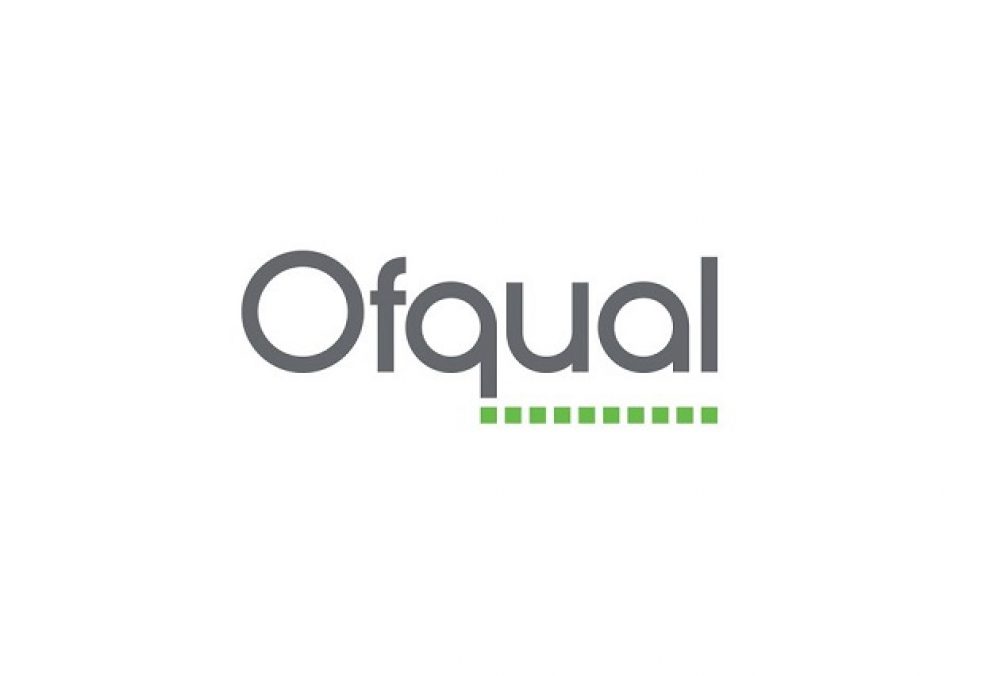
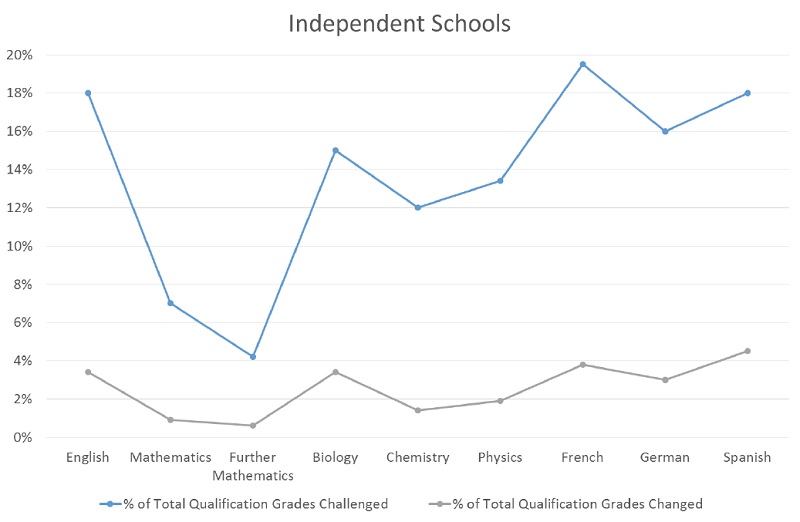
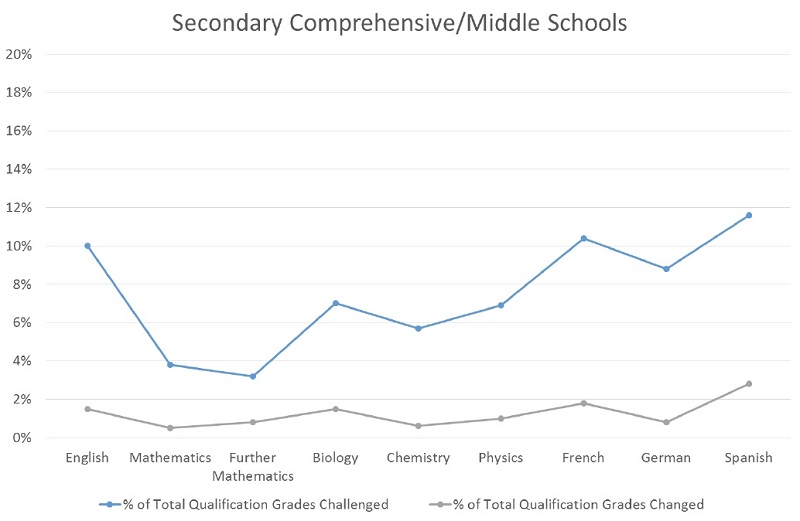
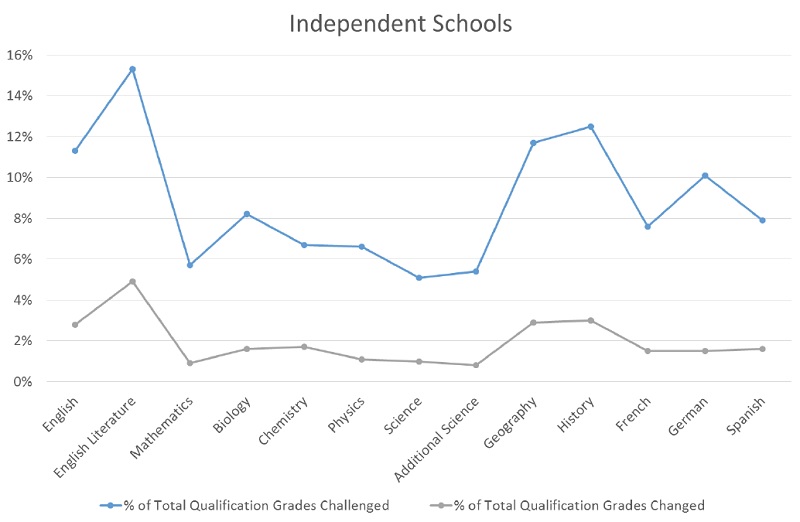
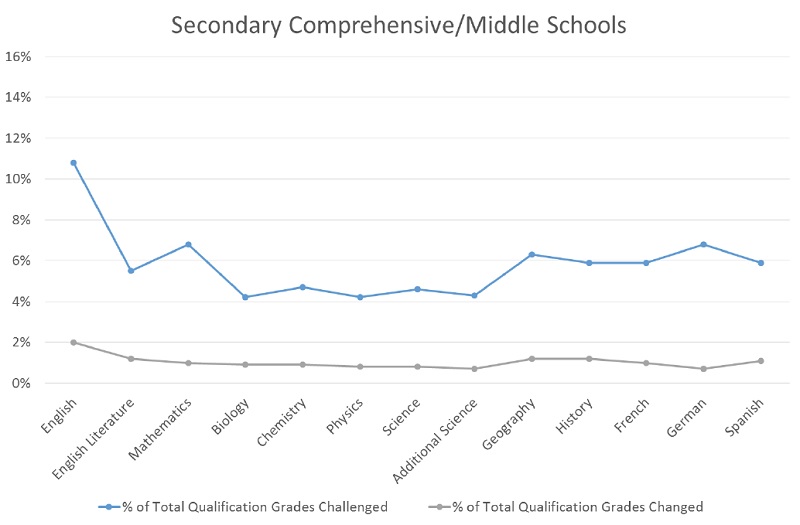





Your thoughts